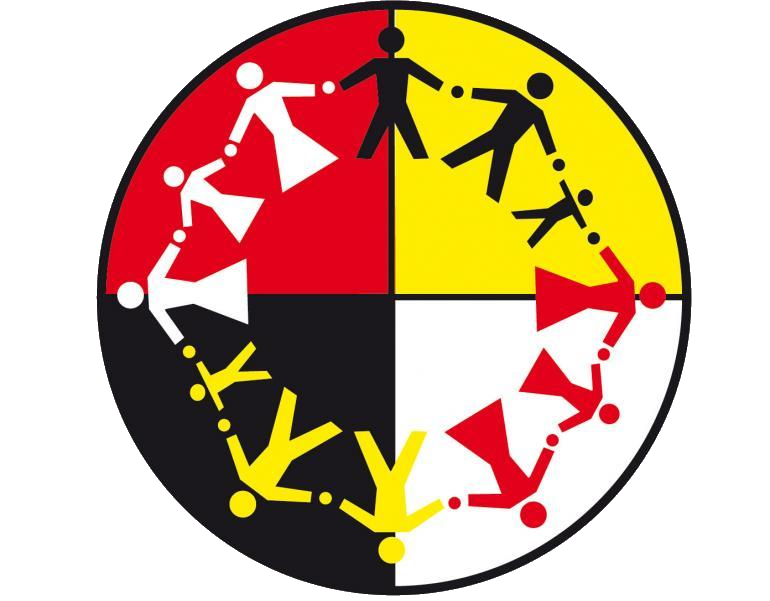Celebrate Native American Heritage Month: A Time For Action
- nkraatz6
- Nov 1, 2023
- 3 min read
Updated: Nov 6, 2023
By Lynda King, One Spirit Volunteer

In 1990, President George H.W. Bush officially designated November as "Native American Heritage Month," marking a step forward in recognizing the rich heritage of Native people in the United States. Before this, there were several well-intentioned but somewhat limited proclamations, such as "American Indian Day" or "American Indian Week," made in 1976 and during the 1980s. These efforts aimed to address the centuries of suffering endured by Native communities due to colonization, racism, religious indoctrination, and government policies.
The enduring struggles faced by Native people, living on reservations with all their constraints, have led to issues like hunger, poverty, and related social problems, including disease, homelessness, depression, early mortality, and suicide. Fortunately, many individuals and organizations have taken action to make a positive impact. One such individual is Jeri Baker, who founded One Spirit in 2005, drawing support from across the United States and Europe. Her dedicated team is committed to improving the lives of the Lakota people on the Pine Ridge Reservation and offering hope for their future. As Jeri once remarked, "We can't lose this culture."
Thoughts From Pine Ridge Reservation
Recently, I had the privilege of meeting some remarkable people living on Pine Ridge and asked them to share their thoughts about Native American Heritage Month.
Dale Pine, a One Spirit Board Member, believes that the designation of Native American Heritage Month is a significant step that should be celebrated. He emphasized, "We're proud to be Native American, proud of our heritage, language, and culture."
Bamm Brewer, who manages a buffalo herd near Pine Ridge and oversees the Charging Buffalo Meat House,
part of One Spirit's efforts to reintroduce
traditional foods to the Lakota people, finds Native American Heritage Month to be "cool." He also believes that it's a great time to recognize Native heroes, including war chiefs, elders, and leaders. However, he adds, "Every day is Native American Day to me."
Amanda Carlow, another One Spirit Board Member, believes that Native American Heritage Month is a positive observance for November, but she thinks that a month isn't enough. She shared, "Personally, I feel like a month isn't enough. It's something we live every day." Amanda, who is the Director of Lakota Language Instruction at the Red Cloud School, is dedicated to preserving her culture. She highlighted that celebrating Native American Heritage Month provides an opportunity for people to learn more about Native culture and to address the negative aspects of history that may be unfamiliar to most, dispelling false narratives.
Julius Not Afraid, who lives with his family in Kyle and is a five-time world champion at grass dancing, one of the traditional dancing styles of the Plains Indians, had a nuanced view on Native American Heritage Month. He believes that it's the only month dedicated to recognizing their heritage but finds it bittersweet when thinking about his ancestors' struggles and sacrifices. He's grateful to see his children practice traditional customs without persecution and emphasized the importance of intergenerational learning and respect.
In conclusion, the Spirit of Native American Heritage Month is about recognizing the enduring presence and resilience of Native communities. They continue to persevere, treasure their elders, and educate their youth about their rich cultural heritage.
Take action and join us in supporting the Lakota people's journey to celebrate and perpetuate their culture through your generous donations to One Spirit initiatives:
The Charging Buffalo Meat House and Regenerative Garden Programs: These initiatives work to bring back traditional foods and build skills for sustainability.
Food Pantries: Help bridge the gap for those facing hunger.
Firewood Assistance Program: Provide warmth to families in need during South Dakota's harsh winters.
The Okini Program: Offers various ways to support, from direct sponsorships to the Okini Market Thrift Store.
Allen Youth Center Programs: These include cultural camps and indigenous summer camp programs that reintroduce the youth to traditional activities and provide a sense of community.
Your contribution can make a meaningful impact and support the Lakota people in preserving their culture and heritage.




